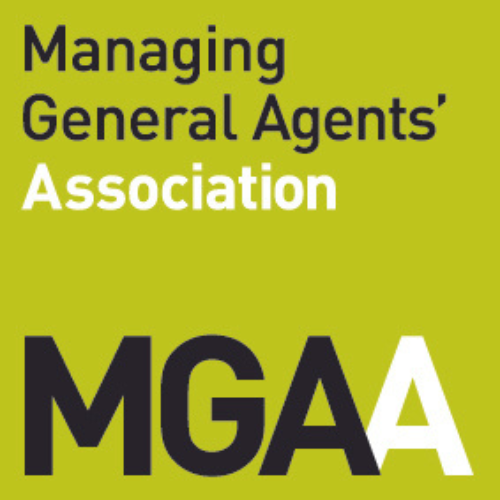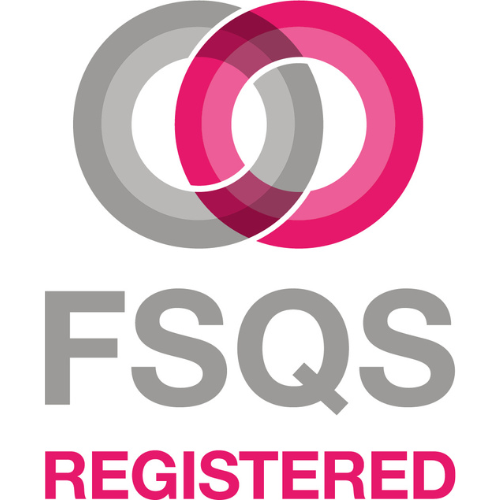Recently we were fortunate to have had the opportunity to meet and spend time with Poppy Jaman who has dedicated her life to the cause of mental health and raising awareness within the workplace. Among other things Poppy has founded Mental Health First Aid and the City Mental Health Alliance.
This article highlights a trend which we see spreading deeper into the Insurance Market. It may not be immediately noticeable but we are highlighting it not only because of its importance but in order that progressive firms can take note and act accordingly.
Mental Health including stress is a serious issue and affects considerably more people in the workplace than is apparent. Few will forget the terrible case of Alberto Izaga an executive at a Swiss insurance group who in 2007 killed his daughter during an apparent psychotic episode.
With the ever increasing complexity, speed and volume of communications and decision making within businesses it is very unlikely that issues of stress and mental health are likely to abate soon. Of course, not every person with stress or other mental health issues suffers as a direct result of their work although it may be to a greater or lesser degree a contributor. However, with little infrastructure, investment and support for mental health available elsewhere, although it is also developing, the workplace is a very good place for identification of issues and thereby the provision of support, particularly for people who may either not recognise their own symptoms or not know what to do.
Poppy’s work has been centred on raising awareness of the mental health agenda in the Financial Services sector and from a compliance perspective I am interested to see how the regulators will respond to the issue and ensure businesses are aware of and taking action to support employees rather than leaving them to find their own solutions.
From my perspective, the areas which I would expect to be obvious points of pressure for the regulators directly relate to a firm’s culture and management’s capabilities.
Culture
It is no doubt no surprise to anyone that firms are already expected to be ensuring that they have an appropriate culture. From the FCA point of view that will focus on a firm’s approach to its customers, but it does not end there.
Firms are expected to develop, maintain and monitor metrics on culture. Culture within a firm is not just about how the firm treats its customers, it is also about how it engages with and supports the management and staff. In this regards culture metrics usually relate to the number of whistleblowing events or employees speaking up, comments made about the firm and/or individuals regarding a “glass ceiling” (usually managers or directors), staff turnover and common reasons identified from exit interviews and the levels of illness. The latter is often directly related to stress and could be an indicator that the firm runs a lean model, expects too much of its employees or has a culture by which senior managers intimidate their staff.
Projecting forward we foresee a time when leaving and illness metrics will play an even higher level of importance as mental health awareness grows. With greater awareness we may see the regulators expecting all firms to maintain metrics and for them to be specific about the types of illnesses and the leaving reasons.
Not only may firms be expected to monitor the mental health of their employees, they may also be expected to provide a deeper level of support for them. Already Mental Health First Aiders are growing in numbers at the larger firms and in particular in the banking industry.
Anyone who knows anything about regulation in financial services knows that what happens in the banking sector ultimately makes its way to the other sectors, often with some degree of proportionality but often not. While measures have yet to be mandated there is a groundswell for firms to ensure the support exists for their employees. Trained first aiders are commonplace and in the mental health arena Mental Health First Aiders are the likely next step. In this industry once something becomes a norm the bar is set and that will apply to Mental Health First Aiders as well. It will also mean that having or not having a MHFA is likely to be taken as evidence or not of the right culture within a firm.
Senior Managers
The PRA and FCA Senior Managers and Certification Regime has increased the importance of managers being capable of doing their role, called the Fit & Proper requirements. All senior managers must be “fit and proper” and all firms must assess whether they are Fit and Proper when hiring them and then annually thereafter. Firms are required to consider an individual’s:
- honesty, integrity and reputation;
- competence and capability; and
- financial soundness.
An individual subject to the SM&CR Conduct Rules (i.e. everyone working in financial services firms except ancillary staff) is required to act with integrity and observe proper standards of market conduct. As is clear from the language these requirements are not just about staff and management’s technical capabilities. They are about the way that they conduct themselves.
The assessment requirements for firms are detailed and clear. Firms must obtain what is known as a regulatory reference for a person proposed for a senior manager role which must include facts that led to any assessment of them being not fit and proper, any disciplinary action relating to a breach of the SM&CR Conduct Rules, and any other information that the providing firm reasonably considers to be relevant to the requesting firm’s assessment of whether the individual is fit and proper. There is no longer an ability to provide the bland statements provided previously by firms concerned about libel laws.
Continuing assessment means that a firm must be able to identify managers whose behaviour is inappropriate, whether through inappropriate bias, or the provision of unwanted attention towards or behaviour with staff or overbearing or intimidating behaviour.
The focus has always been on the protection of employees, but the regulators will also be concerned if inappropriate behaviour should be permitted to continue. That truly speaks to culture.
The SM&CR therefore impacts firms and individuals in a variety of ways:
- Any senior manager who is behaving towards staff (or anyone else for that matter) inappropriately will not be fit and proper to hold their role. This will include intimidating or other behaviour which may lead to staff suffering stress or mental health issues.
- Such a senior manager may be unable to obtain a new role if they have been removed by office from their former employer because they were not fit and proper.
- A senior manager who has suffered a significant mental health issue may be considered to be unfit for their role though now we would expect their employer to provide considerable support and if necessary may need to suspend them from any duties until reasonable recovery permits them to carry on again.
- Firms should monitor the behaviour of their senior managers and take action if they act inappropriately and in a manner which could lead to an employee or employees suffering mental health issues.
The Senior Managers rules were only recently introduced into the insurance industry for insurers in 2018 and are in the process of being introduced for intermediaries. What they should do, however, is contribute positively to firms’ ongoing efforts to identify both senior managers and employees who are either suffering from mental health issues or are at risk.
Firms are required to have whistleblowing processes and employee grievance procedures both of which should operate to make it easy for employees to raise concerns that they have about senior managers. Firms also have the over-riding duty to protect their employees from harm in the workplace. The SM&CR regime will provide firms with significant additional opportunities to identify senior managers who are not behaving appropriately to-wards their staff. This should provide the opportunity to not only protect their staff but also to assess the senior manager. The questions which the firm should be asking are whether any behaviour of the senior manager has resulted in the employee suffering from a mental health issue. If the answer is yes, the firm should provide support for that employee.
Conversely, the firm must also consider what has driven the behaviour of the senior manager. Are they suffering from a mental health issue? If so, the firm should consider how they may be able to support that manager.
Poppy Jaman has been very effective at raising the profile of the debate about mental health within the Financial Services sector. It will be interesting to see if and when the regu-lators more overtly begin to consider these issues.I It is clear that the regulatory environ-ment is already developed and structured in a way in which can help Poppy to achieve her goals. It remains to be seen when and how regulators might more explicitly join the debate, but it can only be a matter of time. before firms are expected to amend their culture met-rics to include more specific measures on mental health and that the definition of “fit and proper” within SM&CR includes a manager’s ability to manage and treat their staff appro-priately and that the SM&CR regime provides firms with the means and compulsion to maintain greater awareness of mental health issues. With guidance of this nature firms would be more aware of issues or staff at risk and should therefore be able to provide and should provide support for their staff. It is at that point that the availability of Mental Health First Aiders within firms will come into their own.
Kenneth Underhill
Director
Implement Compliance Solutions and Resources Ltd

About Poppy Jaman
For the last decade Poppy Jaman has been leading the conversation around mental health, helping organisations to place workplace health and wellbeing at the top of their agenda. Poppy built Mental Health First Aid England (MHFA) from a Department of Health initiative into an independent community interest company with a network of 1800 instructors who have trained 300,000 mental health first aiders…and counting.
She co-founded the City Mental Health Alliance (CMHA), London, a collaborative venture championed by senior leaders from London City’s biggest corporations. By openly sharing their own journeys and making mental health a boardroom issue, they’ve let their employees know its OK to talk about what they are experiencing and changed their workplace culture.








